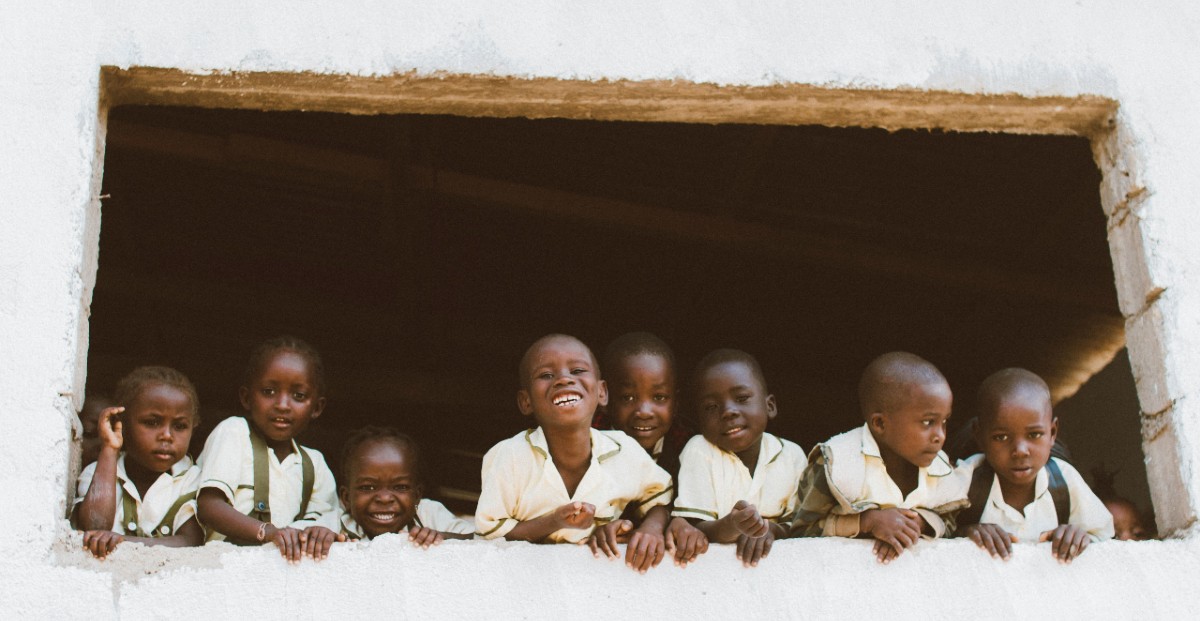
What does it mean to be ‘vulnerable’?
‘The Lancet’ warns that draconian measures can harm the poor
Governments around the world are taking draconian measures to protect vulnerable groups during the coronavirus pandemic. But who are the vulnerable? An editorial in The Lancet reminds readers that a ‘cure’ for Covid-19 can create new vulnerable groups.
The strategies most recommended to control the spread of COVID-19—social distancing and frequent handwashing—are not easy for the millions of people who live in highly dense communities with precarious or insecure housing, and poor sanitation and access to clean water…
Another concern in African countries is that the response to COVID-19 will come at the expense of treating other diseases. For example, in the Democratic Republic of the Congo, the response to Ebola resulted in the resurgence of measles…
In socioeconomically fragile settings, a lockdown policy can exacerbate health inequalities and the consequences need careful consideration to avoid reinforcing the vicious cycle between poverty and ill health. Human Rights Watch has reported that the lockdown in India has disproportionately affected marginalised communities because of the loss of livelihood and lack of food, shelter, health, and other basic necessities.
The Lancet concludes – more or less – that it would be wrong to burn down the village to save it:
Although WHO guidance should be followed, a one-size-fits-all model will not be appropriate. Each country must continually assess which members of society are vulnerable to fairly support those at the highest risk.
Michael Cook is editor of BioEdge
Creative commons
https://www.bioedge.org/images/2008images/adrianna-van-groningen-NvD9zZ7nn8Q-unsplash_(1).jpg
coronavirus
